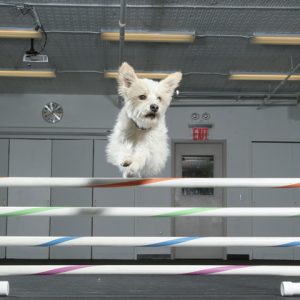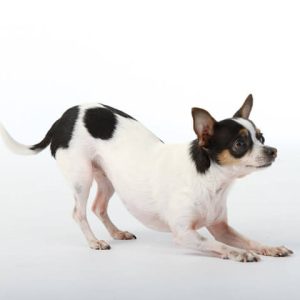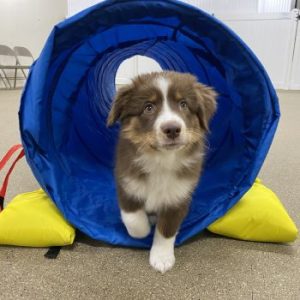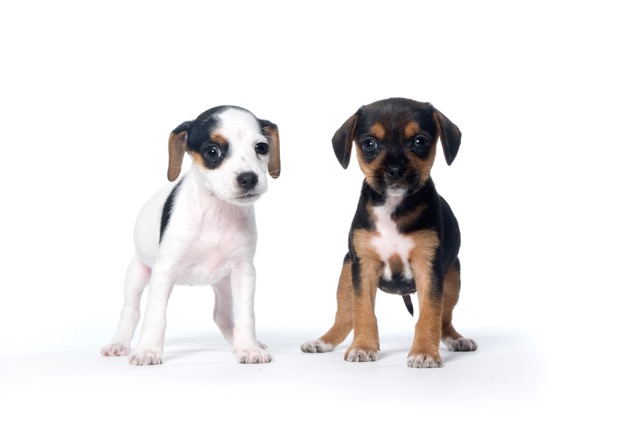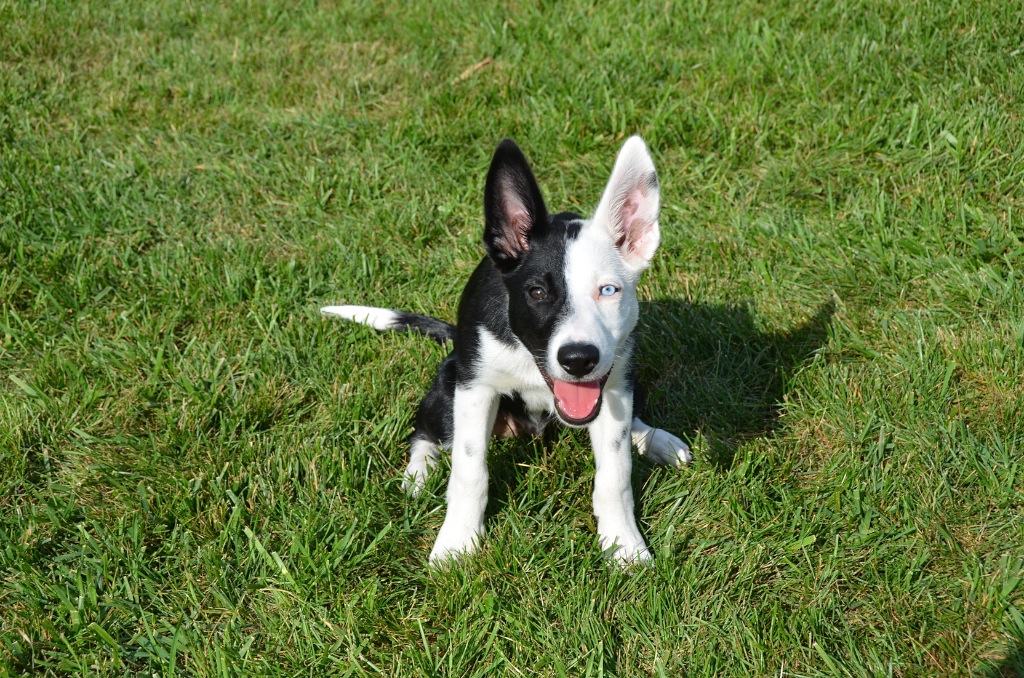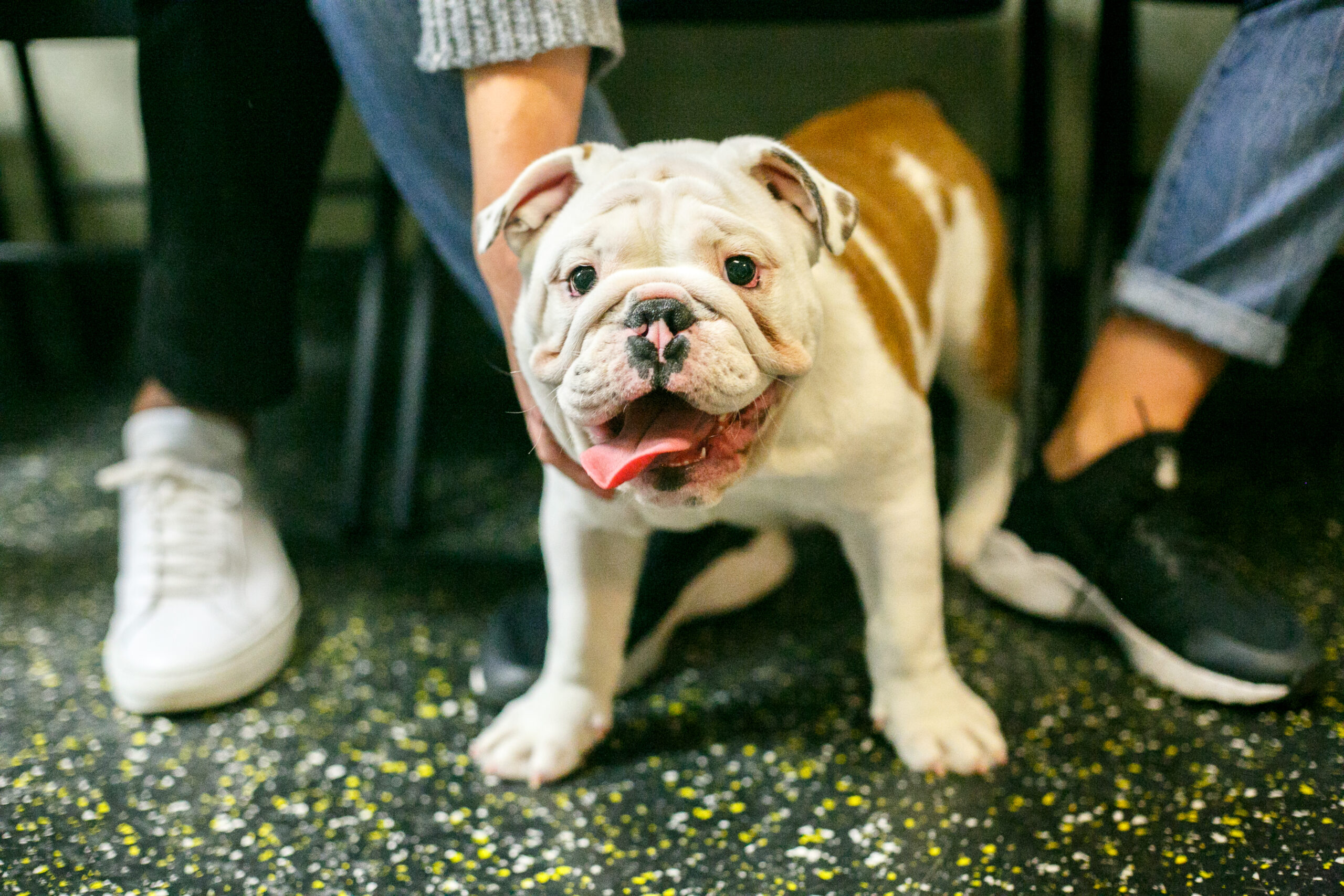CGC Preperation dog training
Who's a Certified Good Dog?
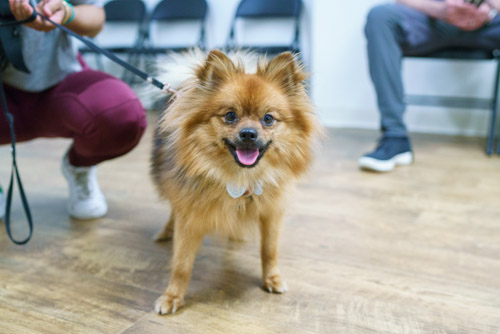
CGC Prep & Test
Please read all details below prior to registering.
| Start Date | Skip Dates | End Date | Start Time | End Time | Day | Location | Price | |
|---|---|---|---|---|---|---|---|---|
| Jan 20, 2026 | None | Feb 10, 2026 | 7:00pm | 8:00pm | Tuesday | Dog Spa 32 West 25th St | $365 |
Information about our Good Citizen Dog training
Curriculum
- Accepting a friendly stranger
- Sitting politely for petting
- Appearance and grooming
- Out for a walk (loose leash walking)
- Walking through a crowd
- Sit and down on cue and stay in place
- Come when called
- Supervised separation
- Reaction to distraction
- Reaction to other dogs
Details
This class prepares you and your dog for the AKC Canine Good Citizen (CGC) evaluation. The CGC is a test created by the AKC as a framework for training your dog to become a polite member of our society. This course focuses on the 10 test skills that promote good manners and social skills. The behaviors covered in this class are useful skills that you will use in your daily life such as polite greetings, loose leash walking, and recall. This course is also a great way to advance your dog’s training and and can be a smart way to prepare for future therapy dog work. Week four you will have the opportunity to take the test. This class is intended for dogs who have already taken multiple group classes or private lessons.
There are no age, size, breed/mix requirements, but all participants must not exhibit any reactivity and/or aggression issues to dogs and/or people. Two people may attend per pup and students must bring a veterinarian signed printed proof of vaccination for their dog to give to the course instructor.
that participation in classes and play groups is at your own risk and we
can’t assume responsibility for accidents or injuries.
See fun photos of our students and training on our Instagram.
Methodology
What type of training do you use?
Our approach is decidedly dog and people friendly. We adhere to an approach to teaching behaviors that builds motivation in your dog to want to play the training game and place an emphasis on helping people learn how to manage their dog’s time so as to prevent problematic behaviors and best set them up for behavior success. Creating a dog that is an enthusiastic student is the easiest and fastest route to helping them achieve success in terms of being a compliant and mannerly member of the family. With this goal in mind, positive, reward based training is the way to go!
What types of tools do you use?
We focus primarily on identifying rewards that each dog is most fond of and using those things to motivate the dog to comply with requests. Rewards can be praise, petting, toys, food, access to the environment (such as the couch), and life rewards (such as being taken for a walk, or being permitted to spend some extra time sniffing at a certain spot). Additional tools include plain buckle collars, front clip harnesses, leashes, treat pouches, markers, targeting objects (such as a target stick or container). We do not use electric shock collars (sometimes referred to as e-collars or stimulation collars).
Classes
What shots does my puppy need to attend class?
Puppies must be up-to-date on their vaccines for their age. Because early socialization is so critical for a dog’s well being throughout their lifetime, we generally do not recommend waiting to join a puppy class until they have completed a traditional course of shots. You should chat with your veterinarian and do some research on the topic, which should include reading Dr. R.K. Anderson’s excellent letter on this topic.
Can more than one person in my family attend the group training class?
Two people may attend class with each canine student. If you have small children, they may attend class, but must be supervised at all times by an adult and be able to remain calm and seated in class so as not to scare the other dogs or otherwise disrupt the class.
What should I bring to class?
A dog who has not eaten his or her meal at least one to two hours prior to the class start time. Treats: soft, pea-sized treats are ideal. A 4-6 foot leash (no retractable leashes, please!) A buckle collar, head halter or body harness. A hollow toy which can be stuffed with food so your dog is kept busy while you listen to your instructor during the discussion portions of class. The Comfort Bone is a great stuff able toy option.
Advice and more

